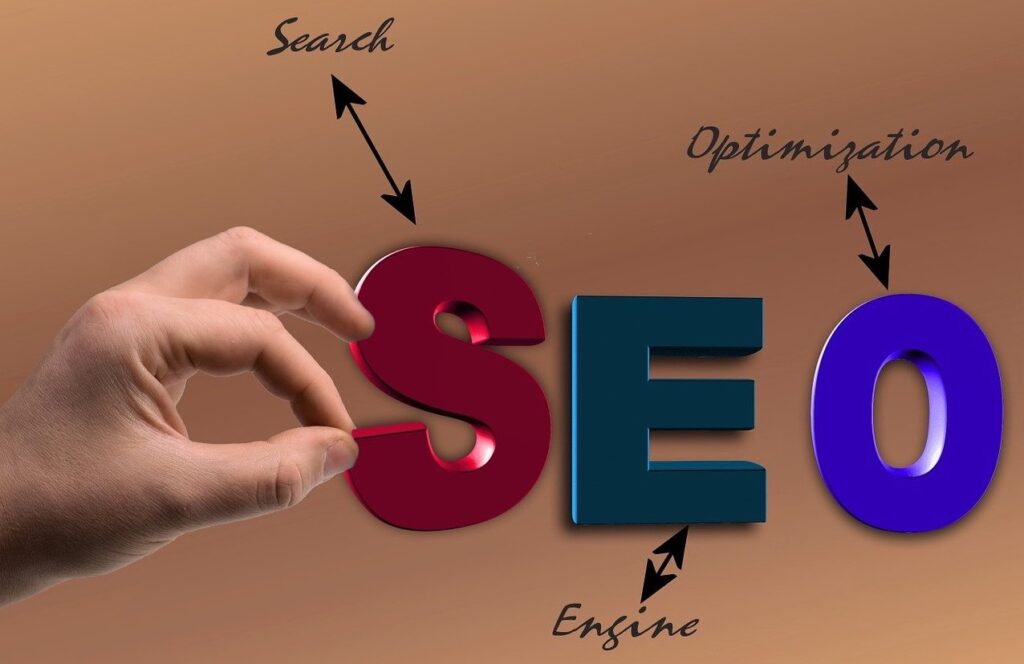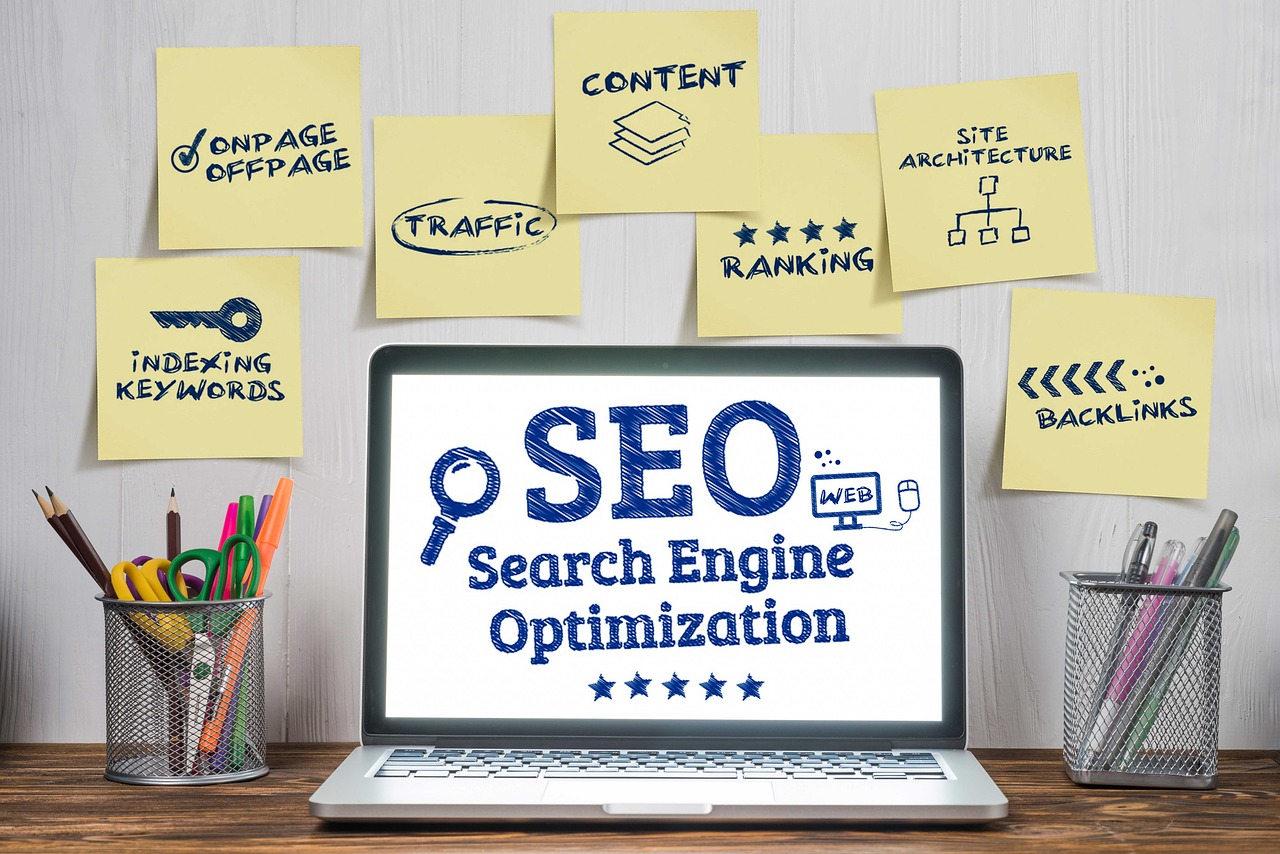Is Paying for WebsiteSearch Engine Optimization Worth It?
Search engine optimization (SEO) can be a great way to boost your website’s visibility and help you reach more potential customers by getting your website to rank higher on search engine results pages (SERPs). But is it worth the cost? In this blog post, we’ll look at the pros and cons of using SEO, and answer the question: Is it really worth it? Read on to find out!
What is SEO and How Does It Work?
SEO stands for Search Engine Optimization, which is the practice of optimizing websites to appear more prominently on search engine results pages. Search engines use complex algorithms to determine the ranking of web pages on SERP’s and SEO focuses on optimizing a website for these algorithms to improve its visibility and rankings. SEO practices can range from making small changes to HTML code to large-scale marketing campaigns and content writing, all of which aim to increase the amount of targeted traffic a website receives from search engines.
SEO involves creating keyword-rich content that is relevant and of high quality, which helps Google and other search engines understand what your website is about so they can provide the best results for users’ searches. SEO also includes optimizing page titles, descriptions and other website content, building backlinks, creating quality content that is keyword-rich, improving page speed and user experience, as well as integrating social media with search engine marketing. All these activities help ensure that potential customers can find your business when they search for it online.

without seeing the benefits of your investment?
The Benefits of Investing in SEO
Investing in SEO can bring long-term benefits to a business, helping to generate organic search traffic and visibility in Google and other major search engines. SEO can help to improve the search engine rankings of your website, leading to increased visibility and more qualified leads for your business. Additionally, applying SEO concepts can help you avoid any design mistakes that might penalize your ranking with search engines.
The Drawbacks of Investing in SEO
One of the main drawbacks of investing in SEO is that it can be difficult to measure the results. With traditional marketing methods like TV or radio ads, it’s easier to track how many people saw or heard the ad. With SEO it can be difficult to gauge the impact of your efforts. It requires a lag time of weeks or even months before the results become evident and without appropriate tracking of your efforts, you may never know what impact they’ve had.
Additionally, if you’re relying on shaky SEO techniques like keyword stuffing or link buying, you may find that your efforts don’t produce the intended results or may even produce the opposite results. For these reasons, it’s important to make sure you understand SEO and use ethical practices when implementing an SEO strategy.
Most importantly, SEO is not a one-time effort and unknown algorithm changes by search engines can affect results over time, making all your efforts obsolete. Search engines don’t often announce what factors will influence their algorithms to make pages rank higher on their SERPs the way Google did in 2015 when they announced that mobile-friendly sites or sites designed to automatically adjust how they are displayed depending on the user’s device would receive higher rankings than static sites. Without a full picture of what influences their algorithms, it’s hard to justify spending hundreds or thousands of dollars on SEO when you might not be getting any significant results or any results at all.
Tips For Improving Your Website Rankings Without the Expense of SEO
If the cost of having an SEO website analysis or hiring an SEO professional isn’t in your budget, there are still some things you can do to help improve your website’s search engine rankings.
1. Consider web searches when naming your business
One of the most important factors to consider when it comes to web search rankings is the uniqueness of your business name. The purpose of a search engine is to provide users with relevant results, so regardless of how far you delve into search engine optimization, it would be prudent for them to display your page when a user is searching for your company by name. With that in mind, you should pick a name for your company that isn’t going to produce a significant number of competing results, thus forcing search engines to improve your rankings.
2. Have your website designed professionally
While it might be cheaper to do it yourself or hire a friend or relative to design your website, those who don’t design websites for a living may not be up-to-date on how to optimize their design from the ground up. While a professional designer may not be able to get your website onto the first page of search engine results, a knowledgeable website designer can help you avoid design mistakes that would likely reduce your website’s ranking. If you do opt to do it yourself, use the latest version of website design programs or content management systems that are more likely to give you a final product that conforms to current website standards.
3. Be realistic about your rankings
Learn to accept that users searching for “televisions” are most likely going get results for thousands of large retailers and online merchants that spend millions of dollars on their websites before they get to your site. Is it really worth it to spend potentially thousands of dollars on an SEO strategy that will have minimal impact on your chances of showing up on the first page of those types of general search results?
However, knowing what search terms do attract people to your site can identify the areas where you have a chance to compete and help you add relevant content that keeps traffic coming. Many content management systems that help you build websites also offer tracking software that will tell you what keywords users searched for to bring them to your site.
Additionally, you can take advantage of features such as subheadings and meta descriptions to improve your rankings in more detailed searches. For example, while you may not rank very highly in a search for “televisions,” you might rank significantly higher in a search for “television stores in Deptford, NJ.” So, while those terms may not appear in your business name, they can be “coded” into pages of your website, so that your website is found in searches using those terms.
Final Say
In conclusion, SEO can be expensive and it’s not guaranteed to work. Consider your goals, budget, and time constraints when deciding whether or not SEO is right for you. If you have the resources and the patience for it, SEO can be a great way to reach more potential customers and increase your website ranking. However, if you don’t have the resources or the time to commit, it may be better to focus on other forms of marketing or SEO basics that can help your website in smaller but still meaningful ways.









Comments are closed